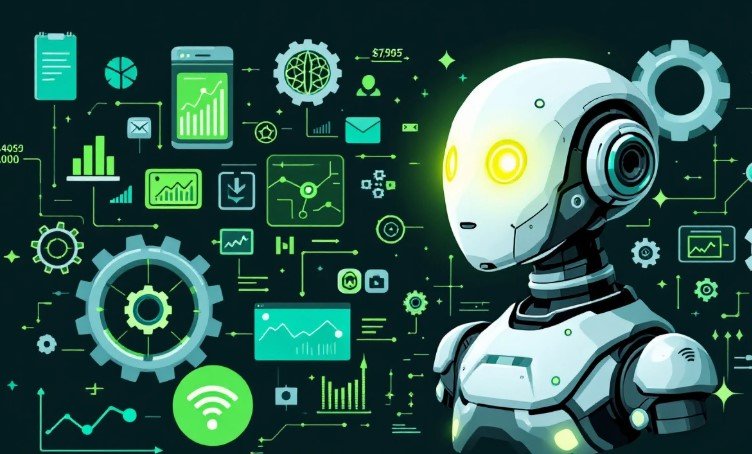Microsoft is gearing up to change how AI agents work — imagining a future where these digital helpers not only team up with agents from other companies but also remember past conversations and tasks to work smarter. This vision was outlined by Microsoft’s Chief Technology Officer, Kevin Scott, right before the company’s major Build conference in Seattle on May 19.
The tech giant is pushing for a shared language that lets AI systems from different makers chat and cooperate like never before. It’s all about breaking down silos, so your AI assistant can tap into a broader network of skills and knowledge, not just what it was programmed with.
Building Bridges Between AI Agents
At the heart of this initiative is the Model Context Protocol (MCP), an open-source framework originally introduced by Anthropic, a company backed by Google. Think of MCP as a universal translator for AI — it allows different AI “agents” to communicate, share context, and collaborate on tasks without getting lost in translation.
Scott compared this to the early days of the internet when hypertext protocols revolutionized how information was shared. “We’re basically trying to do the same for AI agents,” he said. The idea is that MCP could create an “agentic web,” where diverse AI systems cooperate effortlessly, improving efficiency and problem-solving.

Right now, AI agents often work in isolated environments, handling specific tasks within a company or app. But with MCP, Microsoft envisions a future where agents can ping each other across platforms — maybe an agent fixing a bug can call in another agent specialized in cybersecurity for help, all while keeping track of previous exchanges to avoid repeating work.
What Does This Mean for Developers and Users?
For developers, this push towards interoperability could be a huge relief. Instead of building AI systems that only operate in one silo, they’ll have the tools to craft agents that talk to others, learning and adapting through ongoing interactions. It’s a bit like giving these agents a social life — and memory — so they get better over time.
This could open doors for more complex, cooperative AI applications in industries like healthcare, finance, and customer service. Imagine healthcare AI agents sharing patient info (with privacy safeguards, of course) to deliver more personalized care. Or customer service bots handing off queries seamlessly to specialized agents, speeding up resolutions.
Microsoft is betting this cooperative future will push AI adoption forward, helping companies tap into more powerful, connected tools without the headache of compatibility issues.
Challenges Still Ahead
It’s not all smooth sailing. Getting different AI agents to speak a common language and trust each other is no small feat. Privacy, security, and data ownership will be hot topics as agents begin to share more context and history.
Plus, there’s the technical challenge of building agents that actually remember — most AI today operates in a stateless way, meaning they don’t retain memory between sessions. Changing that means rethinking AI architectures and standards.
Microsoft’s move to support MCP and promote open protocols signals a commitment to overcoming these hurdles, but it’s clear the road ahead will take time and collaboration across the industry.
A Peek Into Microsoft Build 2025
The Build conference this year is expected to showcase the latest developer tools harnessing these ideas. Microsoft aims to equip programmers with frameworks that make it easier to build, connect, and enhance AI agents, accelerating the creation of smarter, more adaptable AI systems.
This isn’t just about tech geeks tinkering in basements; it’s about shifting how businesses and consumers interact with AI daily. By fostering a cooperative AI ecosystem, Microsoft hopes to unleash new waves of innovation and practical AI solutions.
So, while the concept of AI agents working hand-in-hand and remembering conversations might sound a bit sci-fi now, Microsoft’s vision is pushing that future closer. If it pans out, we could soon see a world where AI assistants aren’t just single players but part of a vast, intelligent network, working together and getting smarter all the time.







